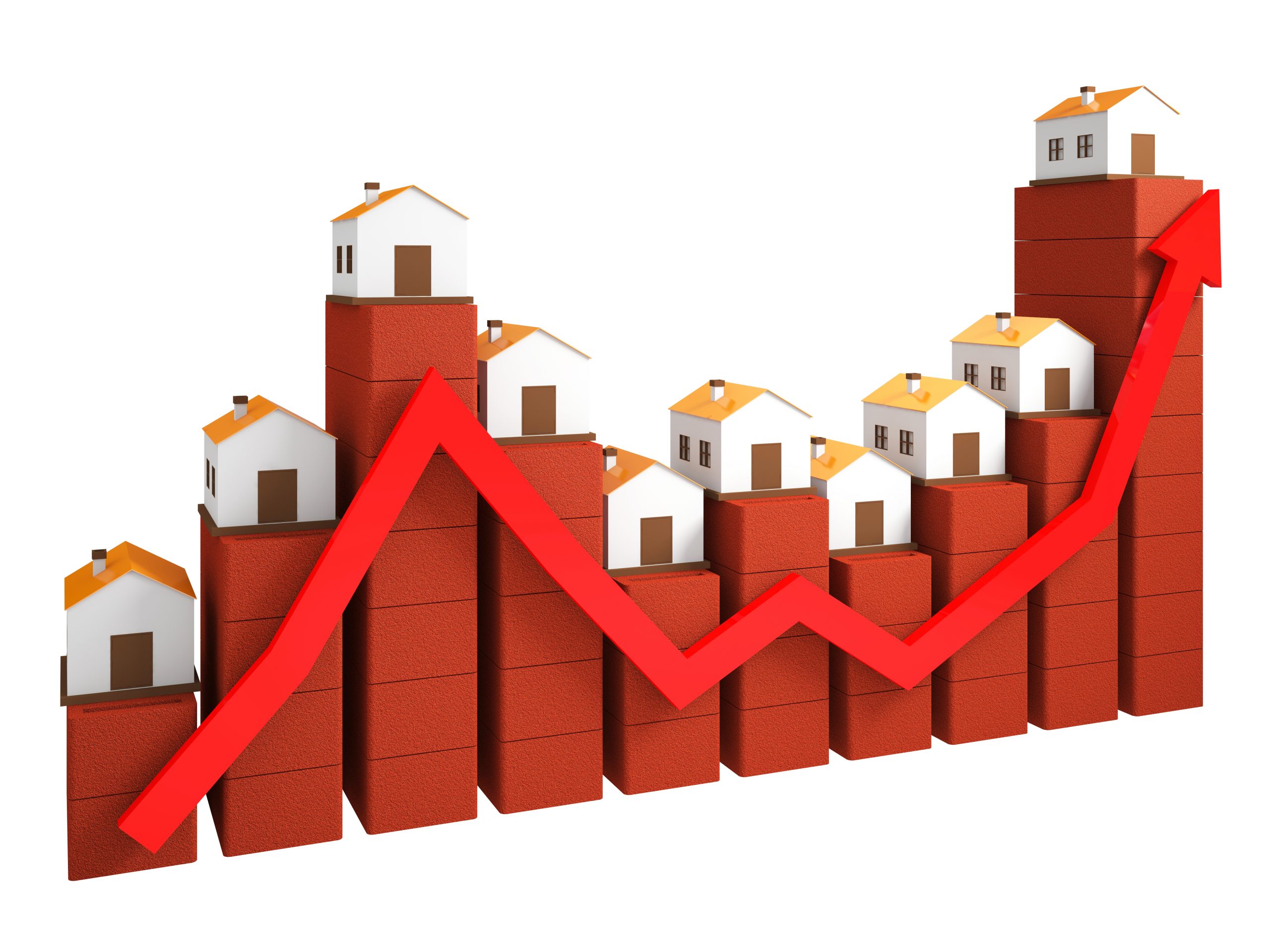In today's interconnected financial world, various economic factors play a pivotal role in shaping the real estate market. Among these, the stock market stands out as a powerful influencer, with its fluctuations and trends casting a significant impact on home buying decisions. In this blog, we'll explore the dynamic relationship between the stock market and the real estate sector, uncovering the ways in which stock market movements can affect home buying.
- Market Sentiment and Homebuyer Confidence:
The stock market often reflects the overall economic sentiment. When stock prices are soaring and the market is bullish, consumers tend to feel more financially secure. This increased confidence can translate into a higher willingness to make significant investments, such as purchasing a home. On the flip side, during bearish markets, potential homebuyers may become more cautious, delaying their home buying decisions until economic conditions appear more stable.
- Interest Rates and Affordability:
The stock market and interest rates share an intricate relationship. Central banks often adjust interest rates in response to economic conditions, and these adjustments can impact mortgage rates. When the stock market is performing well, interest rates may rise as demand for loans increases. Higher interest rates can make borrowing more expensive, potentially affecting the affordability of homes. Homebuyers need to carefully monitor these trends to make informed decisions about when to enter the market.
- Investor Behavior and Housing Demand:
Stock market investors are a diverse group, and their behavior can significantly influence the real estate market. When investors are reaping profits in the stock market, some may choose to diversify their portfolios by investing in real estate. This influx of investor capital can drive up housing demand, leading to increased competition for available properties and potentially causing home prices to rise.
- Economic Indicators and Home Price Trends:
Key economic indicators often monitored by stock market analysts, such as GDP growth and employment rates, can also impact the housing market. Positive economic indicators can stimulate home buying activity, while negative trends may lead to a slowdown. Understanding how these indicators correlate with stock market movements can provide valuable insights into the future trajectory of the real estate market.
- Long-Term Investments and Real Estate:
For many investors, real estate is considered a long-term investment strategy. As such, stock market performance can influence investment decisions, including the allocation of funds to real estate assets. During periods of economic uncertainty or market volatility, some investors may choose to shift their portfolios towards more stable assets, such as real estate, seeking a hedge against market fluctuations.
The stock market and the real estate market are interconnected in complex ways, and understanding these dynamics is crucial for anyone involved in home buying. Keeping a close eye on stock market trends, interest rates, and economic indicators can empower homebuyers to make informed decisions, adapting to the ever-changing landscape of the real estate market. By staying informed and proactive, individuals can navigate the challenges and opportunities presented by the dynamic interplay between the stock market and home buying. Whenever you’re ready to buy or sell, let The Kenny Silverman Group assist you in that process. Call us today!
